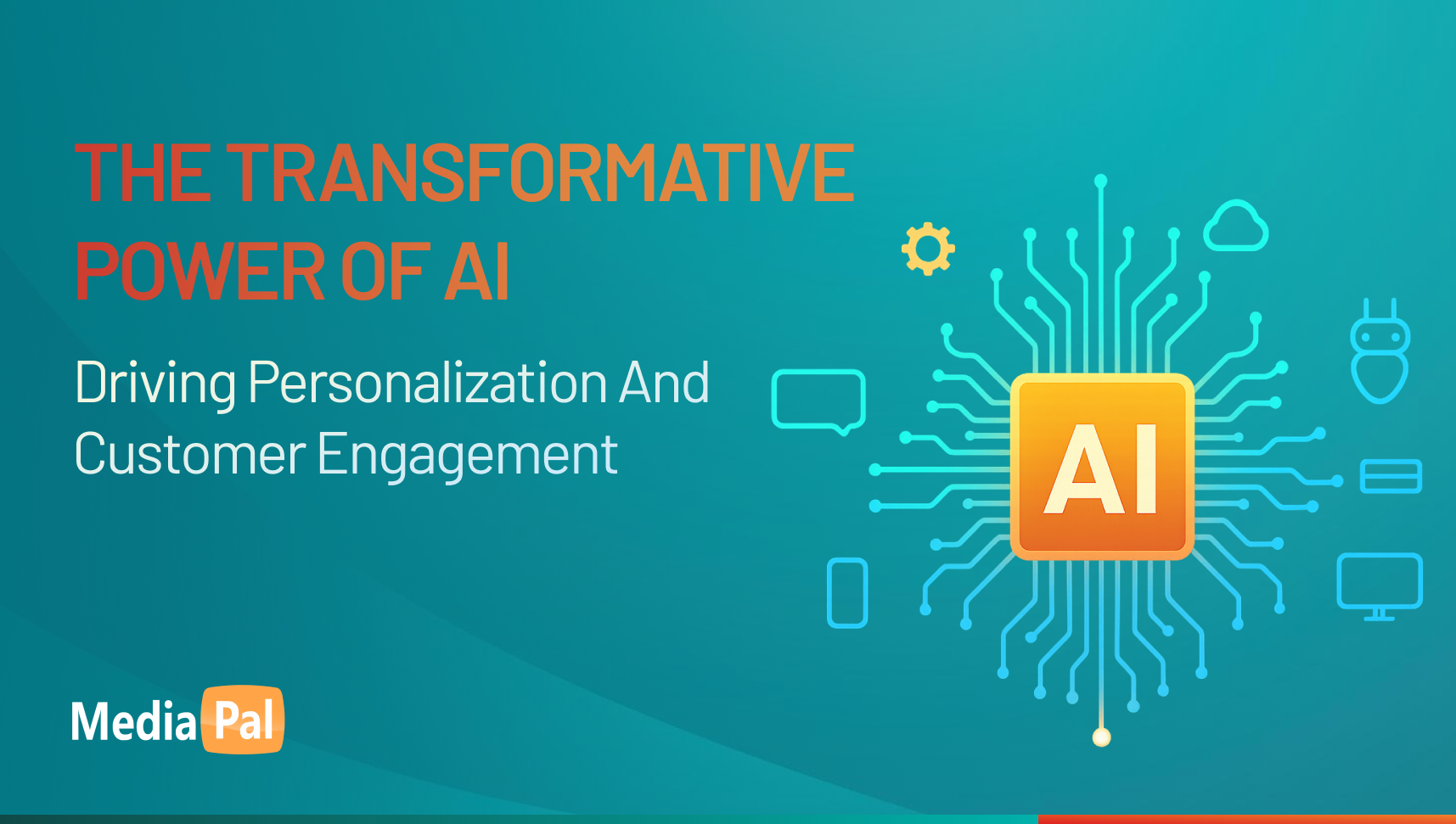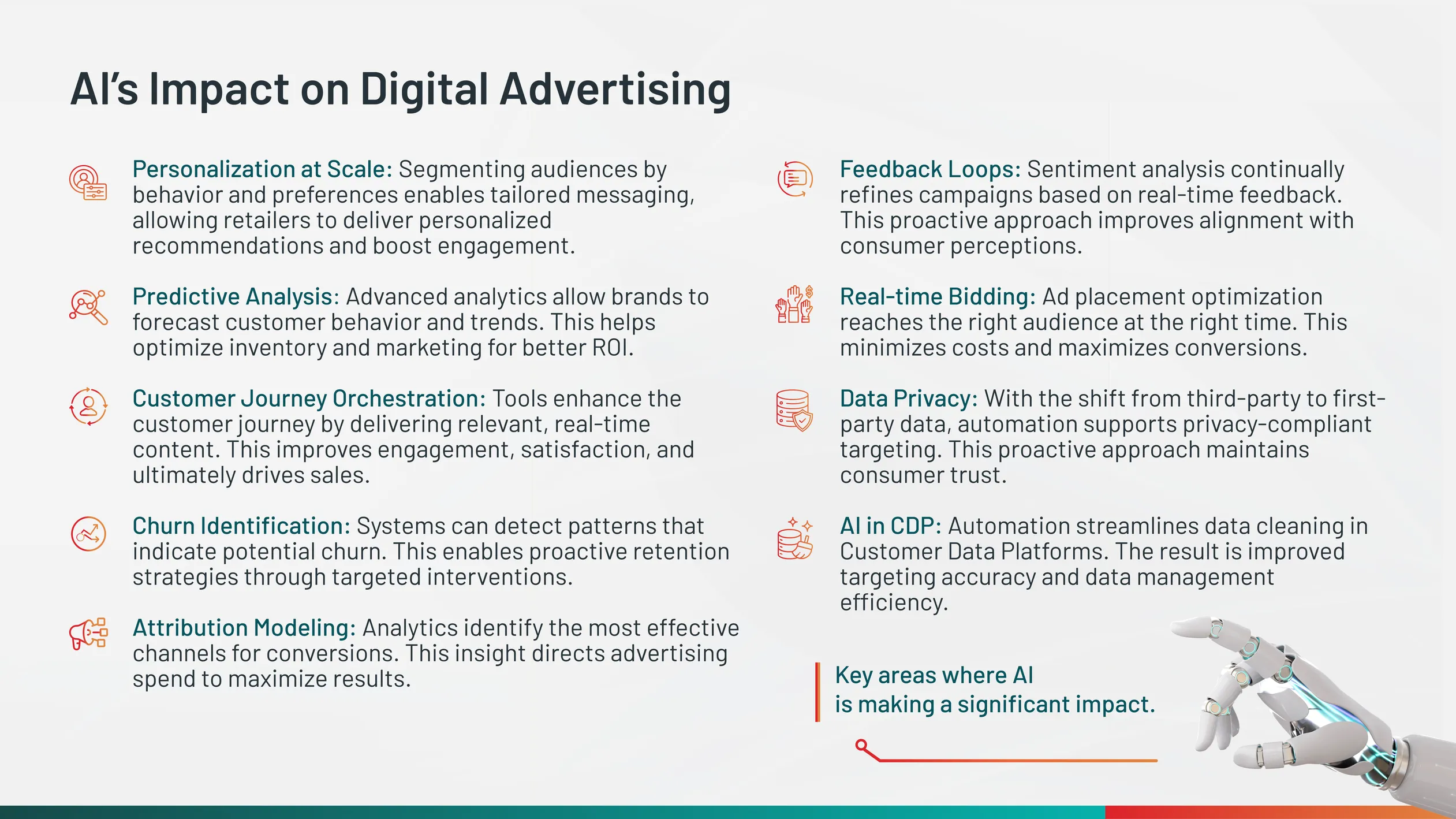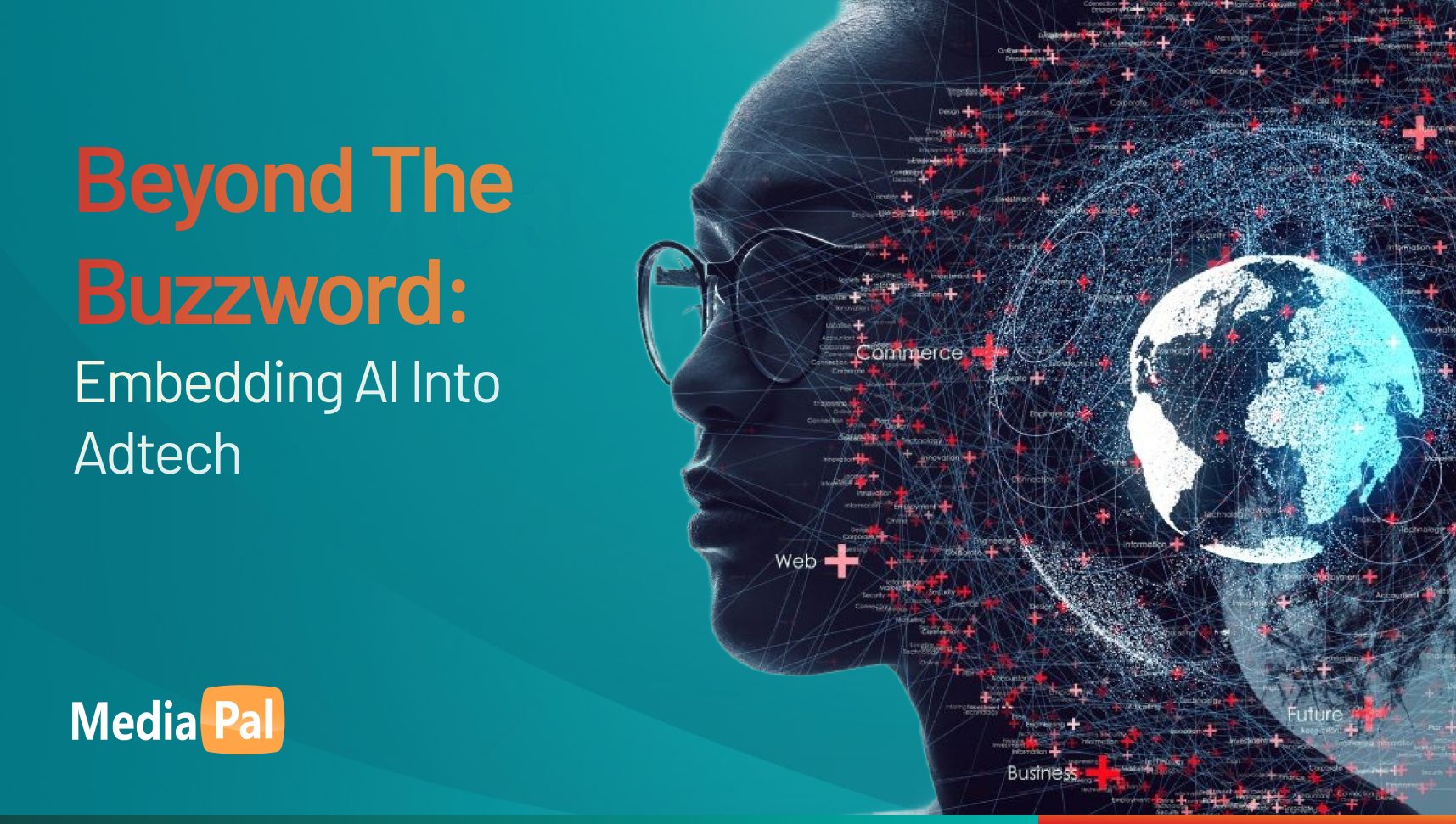
Artificial intelligence (AI) is fundamentally reshaping how we interact with technology and each other. At its core, AI encompasses systems capable of performing tasks that typically require human intelligence, such as understanding language, recognizing patterns, and making decisions. Many of us engage with AI daily without even realizing it—whether it's asking a virtual assistant like Siri or Google Assistant to set a reminder or receiving personalized recommendations on platforms like Netflix.
Yet, despite its increasing presence, several myths about AI persist. A common misconception is that AI is a futuristic concept still in the experimental phase. In reality, AI has been woven into the fabric of our daily lives for years, influencing our choices and experiences in ways we often overlook. From targeted ads on social media to the algorithms powering our favorite streaming services, AI has quietly enhanced our interactions. Advertising and marketing technology companies have utilized AI for years, optimizing campaigns and enhancing customer engagement through advanced analytics and automation.
One of AI's most transformative impacts has been on digital advertising. AI is transforming how brands operate, offering tools to optimize processes, personalize experiences, and make data-driven decisions. A key advantage of AI is its ability to analyze vast datasets rapidly, revealing trends and insights that might elude human analysts. For instance, AI tools can uncover purchasing patterns among specific demographics, enabling advertisers to refine their strategies based on these insights. This empowers brands to understand customer behavior on a deeper level, leading to more targeted and effective campaigns.
As AI continues to disrupt the digital advertising landscape, it fundamentally alters how brands leverage data for decision-making. AI-driven tools enable advertisers to utilize predictive analytics, advanced segmentation, real-time personalization, and customer journey orchestration to optimize their marketing efforts and craft more effective strategies that resonate with customers and drive better results. In this discussion, we will explore nine key areas where AI is making a significant impact, transforming how advertisers engage with audiences and make informed decisions.

Personalization AI’s ability to facilitate personalization at scale. By segmenting audiences based on behavior and preferences, advertisers can craft tailored messages that resonate with individuals. A retailer, for example, might use AI to send personalized product recommendations to customers based on their previous purchases or browsing history. This kind of personalization enhances engagement and boosts conversion rates.
Predictive Analysis AI’s predictive analytics capabilities allow brands to forecast customer behaviors and market trends. For example, an e-commerce platform can use AI to predict which products will be popular during a particular season, helping advertisers adjust their inventory and marketing strategies in advance. This proactive approach not only improves ROI but also aligns strategies with evolving customer needs.
Customer Journey Orchestration AI-driven tools also improve customer journey orchestration. By analyzing individual preferences and behaviors, AI suggests products or content that resonate with each customer, fostering a more engaging experience, increasing satisfaction, and driving sales. For instance, a streaming service can analyze viewing habits to deliver personalized recommendations in real time, creating a seamless and engaging user experience. With AI's ability to optimize customer communication, advertisers can ensure that every touchpoint—from a publisher site to social media —delivers relevant, timely content that boosts satisfaction.
Identifying Churn In addition to personalized recommendations, AI also identifies patterns that indicate potential customer churn and allows businesses to take proactive measures to retain customers through targeted interventions.
Attribution Modeling Attribution modeling is another area where AI excels. It helps advertisers understand which digital channels are most effective in driving conversions.
Feedback Loops AI-powered sentiment analysis provides insights into customer feedback and social media interactions, assisting advertisers in refining their campaigns based on consumer perceptions.
Real-time Bidding In AdTech, AI offers innovative solutions that significantly enhance campaign effectiveness. Real-time bidding algorithms optimize ad placements, ensuring that ads reach the right audience at the right moment, minimizing wasteful spending while maximizing conversions.
Data Privacy As the digital advertising landscape continues to evolve, AI also addresses data privacy concerns. With the phase-out of third-party cookies, advertisers are increasingly focusing on first-party data collection. AI can analyze this data to build comprehensive customer profiles and enhance targeting efforts while adhering to user privacy standards. This shift ensures that advertisers maintain trust and comply with privacy regulations.
AI in CDP Beyond targeting, AI enhances the quality of data itself. In Customer Data Platforms (CDPs), AI automates data cleaning processes, ensuring that advertisers have access to accurate and reliable information. This not only streamlines data management but also significantly improves the effectiveness of optimized targeting.
Ultimately, by leveraging AI, advertisers not only deliver effective campaigns but also strengthen brand affinity that builds lasting relationships between a brand and their audiences. Through personalized experiences, consumers can resonate with a brand on an emotional level, understanding individual preferences and behaviors allows for targeted strategies that foster deeper connections, and brands adapting based on consumer insights and feedback reinforces the perception that brands value customer opinions.
In conclusion, AI is far more than just a tool, it is a transformative force reshaping the digital advertising industry. By integrating AI into their strategies, advertisers can improve campaign effectiveness, make smarter data-driven decisions, and create personalized experiences that resonate with consumers. As competition intensifies in the digital landscape, AI will be a critical component for brands aiming to stand out and succeed.


